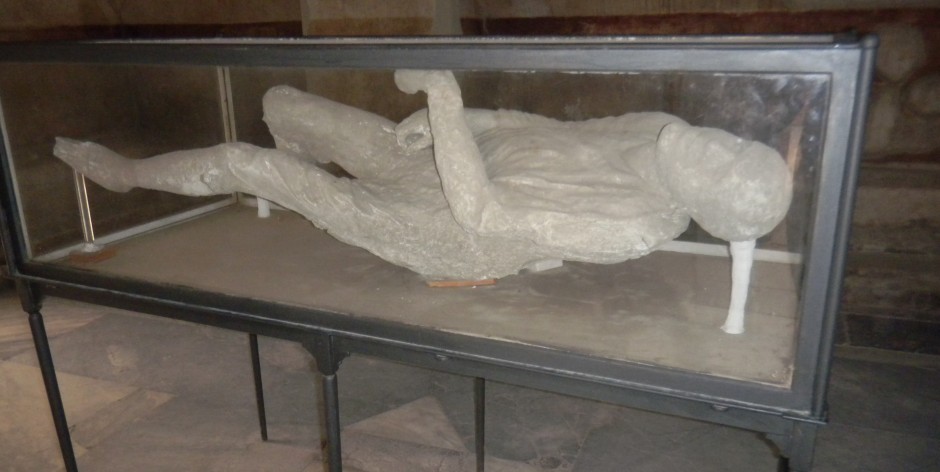What do we in the Academy do to ensure the highest functional literacy of our students attending a major institution of higher learning? How do we as pedagogues – of whatever area of study and research – equip our students? How (and what) do we teach so that our students come to know what they need to know in order to be and act in the world they are called to serve?
American physician and clinical professor, Rachel Naomi Remen, argues that “at the deepest level, the creative process and the healing process arise from a single source. When you are an artist, you are a healer; a wordless trust of the same mystery is the foundation of your work and its integrity.” Most would agree that art communicates, but few actually turn to the arts to listen for messages that inform us about who we are. Fewer still are those who would even think to engage art as a valuable resource, especially for supporting health, promoting healing, and alleviating suffering. Health and medical settings are increasingly characterized by technology and are struggling to figure out how to be “patient-centered” and “community-based” while addressing national goals of reducing disparities, controlling costs, and improving quality. The arts can teach us how to listen, urge us to own attitudes that are willing to listen, and to fully engage who we are, what we value, and how we want to be.
The course that we are proposing here, directed to pre-med and humanities undergraduate students alike, is about the lessons that medicine and public health can glean from the arts and the humanities. Better still is to frame the course in this way: how and what do the arts and the humanities communicate to medicine and public health? In this course, ethicists, scholars of religion, scientists, medical educators, specialists in the study of culture, history, and language, health care providers, and artists will address and critically engage this question from their particular areas of expertise. This will connect the various themes explored over the course of this multidisciplinary program and provide a certain sense of curricular continuity. Guest lecturers will deconstruct the “how and what do the arts and the humanities communicate to medicine and public health?” question by tending to important pre-requisite inquiries, such as: “Why do I need to know about ‘x’ for medicine and public health?” or, better, “why does ‘x’ matter for medicine and public health in terms of education and practice?” (where ‘x’ is a discipline in the arts and the humanities). Proposed weekly session topics will include: What Is Literacy in Healthcare? ; Who Cares About What Religion Has to Say? ; Why Does Cultural Literacy Matter? ; Why Ethics? ; and What Lessons Can Be Learned from the Arts?
This course is about constructively engaging the learning material, developing skill in balanced critical analysis, understanding the relevance of the arts, humanities, and other disciplines to the healing professions, and being able to communicate and empathize across difference. Students will also learn how to integrate. A symposium, at which the many professors will come together at the end of term to engage one another and properly integrate the various streams of knowledge that were introduced in the course, will draw all things to a close.
Attentive educators are lamenting the lack of interdisciplinarity in medical pedagogy and, therefore, the lack of the particular skills attached to cross-curricular education (hence, the recent revision of the MCAT format to include the social sciences and the humanities). This course will help meet this demand.
In addition, students wanting to continue the conversation beyond this course will have the opportunity to do so in the Summer Abroad Program in Italy (under the direction of Dr Judy Raggi-Moore) where they will be immersed in an intense cultural experience of a country that is “art.”
